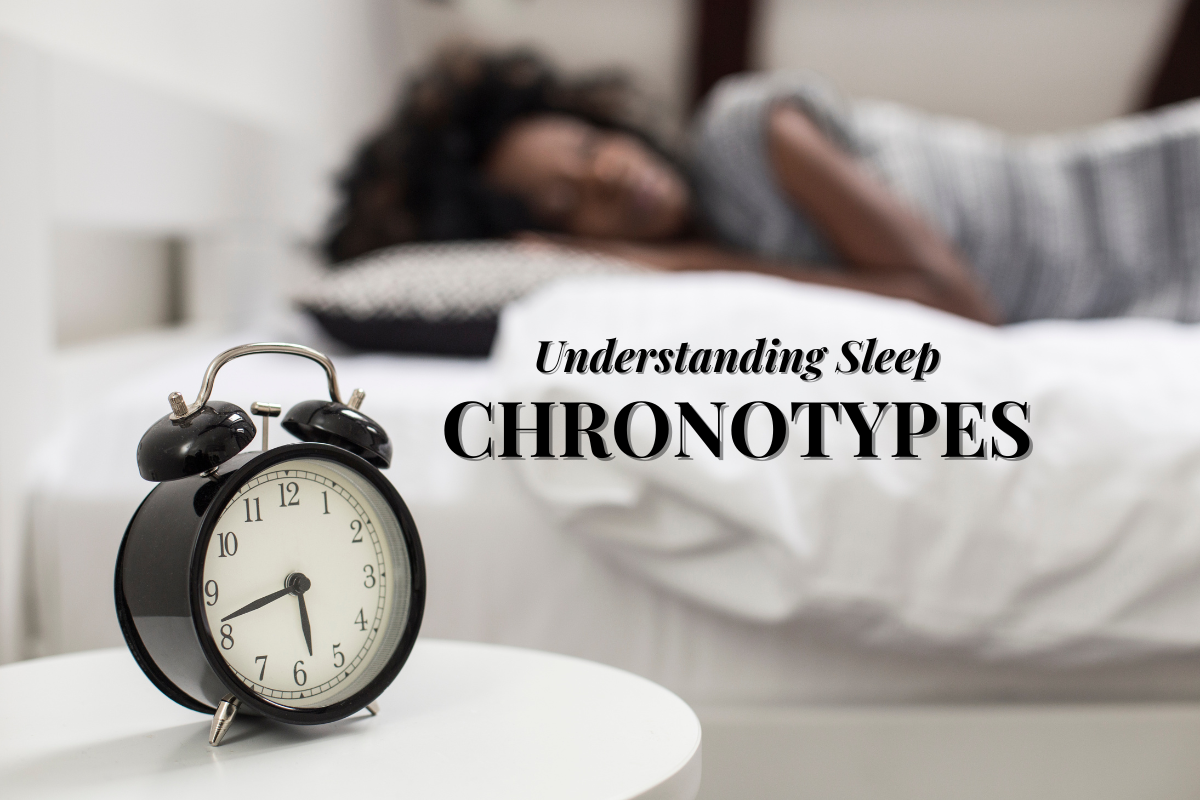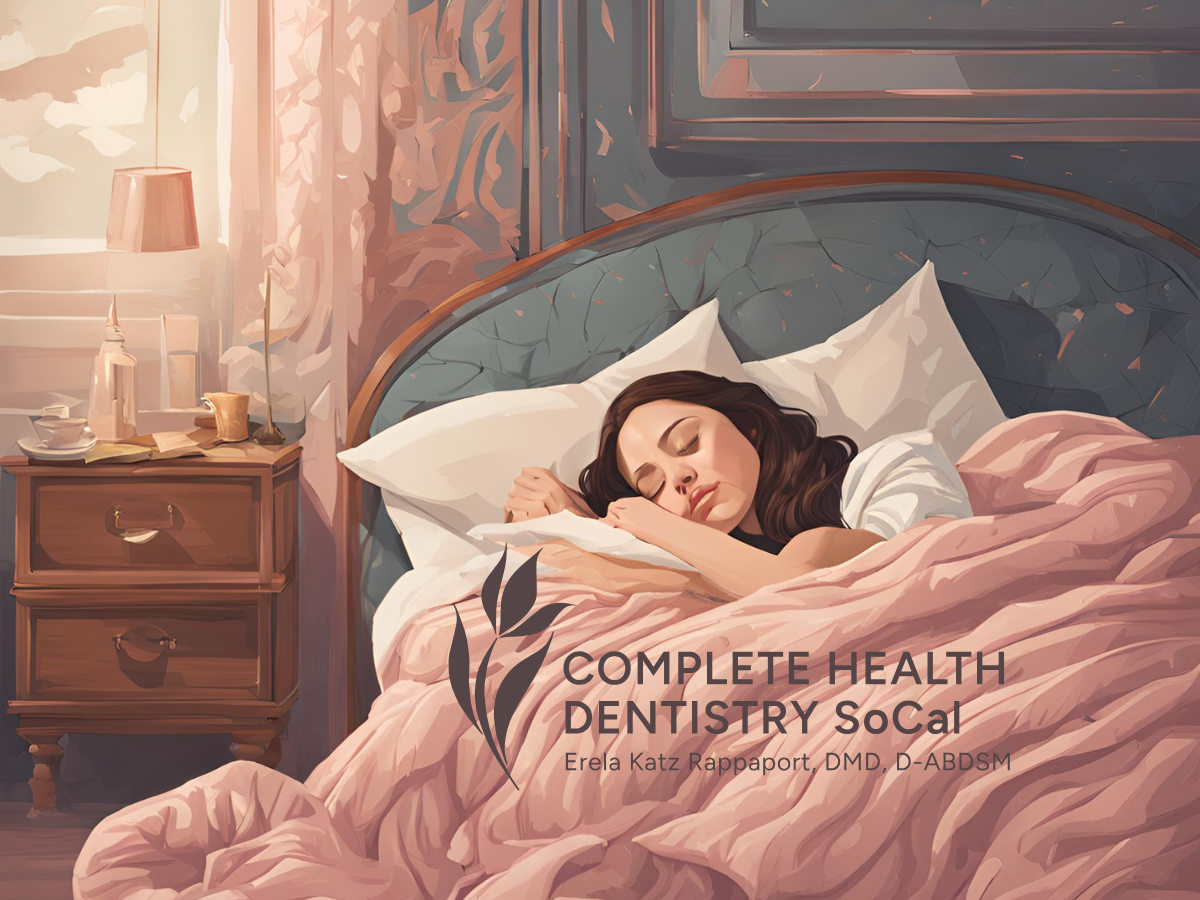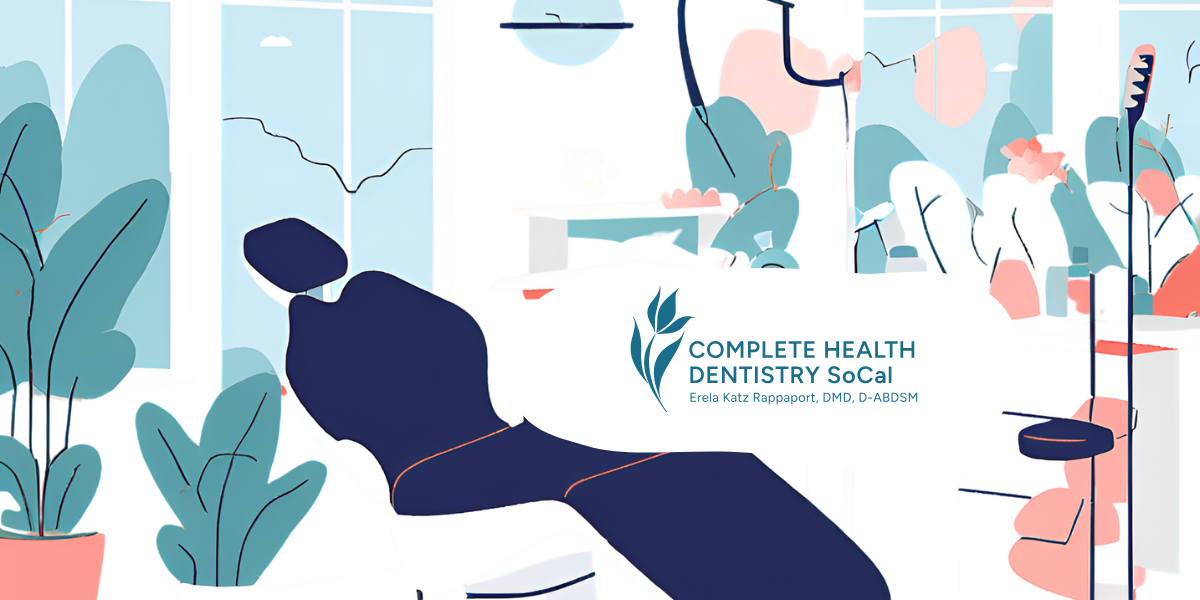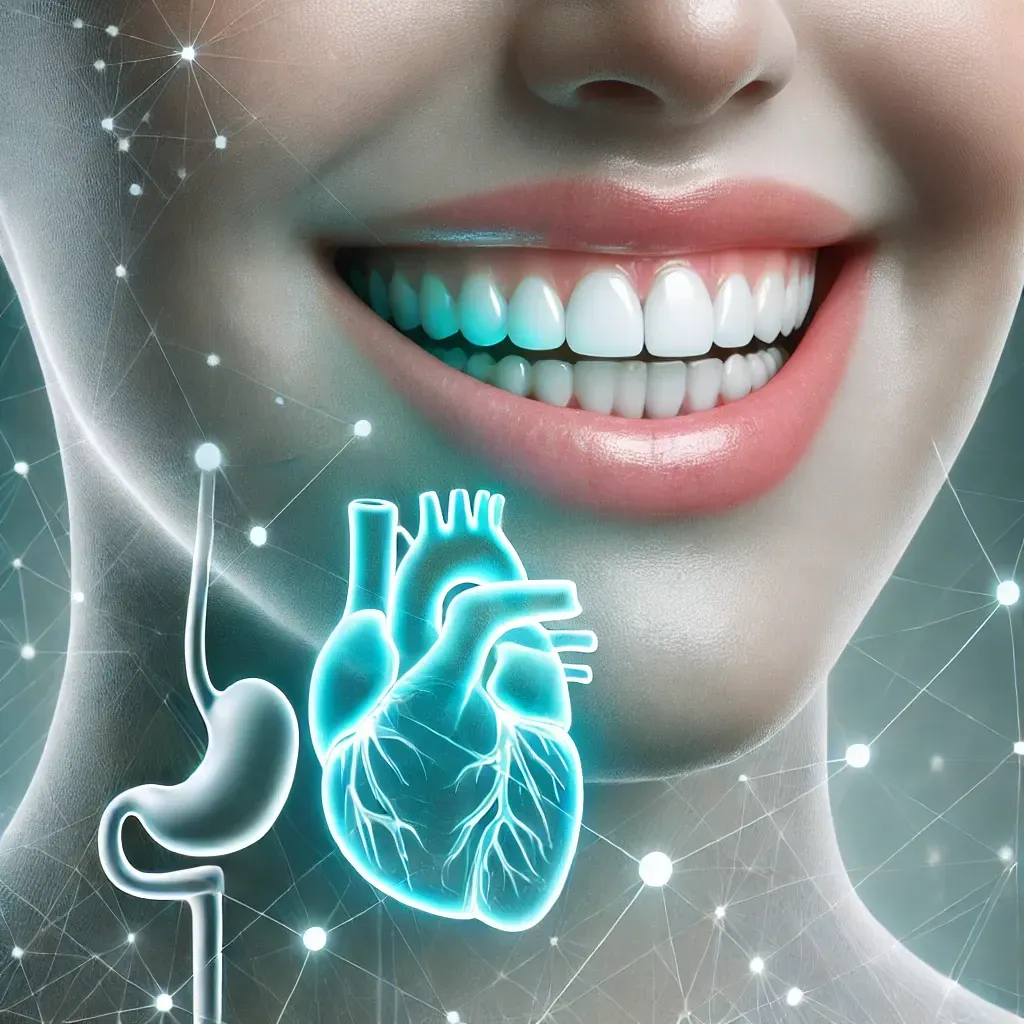What happens if you don't treat sleep apnea? Is it Deadly?
Are you just tired, or is it something more? Sleep apnea might be silently jeopardizing your health, from escalating heart risks to heightening everyday hazards due to fatigue. This article unveils the critical reasons why ignoring this common yet often undetected condition could lead to dire consequences, and how recognizing symptoms early can be a game-changer. Dive into the insights and discover the essential steps to manage sleep apnea effectively before it takes a toll on your vitality and vigor
Sleep apnea is more than just loud snoring or feeling tired during the day. It’s a condition that disrupts your breathing while you sleep, often without you even realizing it. When left untreated, it can lead to severe health problems that can affect both your quality of life and your longevity.
Millions of people deal with sleep apnea, but many go undiagnosed. Why? Because the symptoms can be subtle or mistaken for something else, like regular fatigue or stress. Understanding what sleep apnea is and the risks of ignoring it is an important step toward better health.
Untreated sleep apnea doesn’t just impact your sleep—it can have far-reaching effects on your overall well-being. Addressing it sooner rather than later can make a significant difference in your life.
What is Sleep Apnea?
Sleep apnea is a condition where you repeatedly stop and start breathing while you sleep. These pauses in breathing can last a few seconds to even minutes, disrupting your rest and often leaving you tired during the day. It’s more than just a snoring problem; it’s a serious health issue that can affect your entire body.
There are three main types of sleep apnea:
- Obstructive Sleep Apnea (OSA): This is the most common type and happens when the muscles in your throat relax too much, blocking your airway. If you’re wondering, “Can I have sleep apnea without snoring?” the answer is yes, though snoring is a typical symptom of OSA.
- Central Sleep Apnea (CSA): This type occurs when your brain doesn’t send the proper signals to the muscles that control your breathing.
- Complex Sleep Apnea Syndrome: Also known as treatment-emergent central sleep apnea, this is a combination of both obstructive and central sleep apnea.
Sleep apnea isn’t just about feeling groggy. It’s linked to serious health risks, like heart problems and high blood pressure, making it essential to recognize and address it early.
Many people with sleep apnea don’t even know they have it. If you feel excessively tired during the day, wake up gasping for air, or someone notices you stop breathing at night, it might be time to consult a professional. Early detection and treatment can make a huge difference in your quality of life.
Types of Sleep Apnea
Sleep apnea isn't just one-size-fits-all; it actually comes in different forms, each with its own causes and effects. Understanding these types is important because the treatment can vary depending on the specific kind you're dealing with.
Obstructive Sleep Apnea (OSA)
This is the most common type of sleep apnea. It happens when the muscles in the back of your throat relax too much while you're sleeping. This relaxation blocks your airway, making it hard to breathe. People with OSA often experience loud snoring and frequent awakenings during the night.
Key characteristics of OSA include:
- Partial or complete blockage of the airway during sleep.
- Loud snoring, gasping, or choking sounds.
- Feeling tired or groggy during the day despite a full night's sleep.
Central Sleep Apnea (CSA)
Unlike OSA, central sleep apnea isn't caused by a physical blockage. Instead, it
's a problem with the brain. The brain doesn't send the right signals to the muscles that control breathing. This can cause pauses in breathing during sleep, but without the snoring that's typical of OSA.
Common signs of CSA:
- Interrupted breathing without snoring.
- Difficulty staying asleep or frequent awakenings.
- Waking up feeling short of breath.
Complex Sleep Apnea Syndrome
This type is a mix of the first two. It's also known as treatment-emergent central sleep apnea. It can occur when someone being treated for OSA develops symptoms of CSA. Basically, it’s a combination of both obstructive and central issues.
Symptoms might include:
- A mix of snoring and pauses in breathing.
- Persistent tiredness despite treatment for OSA.
- Difficulty adapting to sleep apnea therapy.
Sleep apnea is characterized by breathing disruptions during sleep, which can be caused by different factors depending on whether it is obstructive or central sleep apnea. Recognizing the type you have is a critical first step toward effective treatment.
Symptoms of Untreated Sleep Apnea
Sleep apnea that goes untreated doesn’t just cause restless nights—it can lead to a range of symptoms that affect your daily life and well-being. Recognizing these symptoms early is important for seeking proper care.
- Loud, persistent snoring: This is often the most noticeable symptom, especially for those sleeping nearby. It’s not just an annoyance—it could be a sign of obstructed airways.
- Pauses in breathing during sleep: Family members or partners may notice you stop breathing for short periods, often followed by choking or gasping.
- Excessive daytime sleepiness: Feeling unusually tired during the day, even after what seemed like a full night’s rest, is a common complaint.
- Morning headaches: Waking up with a dull headache could be linked to oxygen deprivation during the night.
- Difficulty concentrating: Brain fog or trouble focusing on tasks can stem from poor-quality sleep.
Untreated sleep apnea doesn’t just disrupt your nights—it can take a toll on your physical and mental health. Over time, these symptoms can worsen and lead to more serious health issues.
If you or someone you know experiences symptoms like frequent nighttime awakenings or pauses in breathing, it’s worth exploring the possibility of obstructive sleep apnea (OSA). Early intervention can make all the difference.
Health Risks of Untreated Sleep Apnea
Cardiovascular Complications
Untreated sleep apnea puts a serious strain on your heart and blood vessels. When you stop breathing during sleep, your oxygen levels drop, causing your heart to work harder. Over time, this can lead to conditions like high blood pressure, irregular heartbeats, and even heart failure. Ignoring sleep apnea can significantly increase your risk of a heart attack or stroke.
Daytime Fatigue and Accidents
When your sleep is constantly interrupted, it’s no surprise you’ll feel exhausted during the day. This fatigue can cloud your judgment and slow your reaction times, making accidents more likely. Whether it’s a car crash or a workplace injury, untreated sleep apnea can turn everyday activities into dangerous situations.
- Increased risk of car accidents due to drowsy driving.
- Decreased productivity and focus at work.
- Higher likelihood of injuries in physical tasks or jobs requiring alertness.
Mental Health Issues
Sleep apnea doesn’t just affect your body—it takes a toll on your mind, too. Poor sleep can lead to mood swings, anxiety, and even depression. Over time, the constant struggle to function on little rest can feel overwhelming, impacting your relationships and quality of life.
Chronic sleep deprivation from untreated sleep apnea can make everyday challenges feel insurmountable, affecting both your mental and emotional health.
For those dealing with untreated sleep apnea, the consequences can ripple across every part of life. Addressing the condition isn’t just about better sleep—it’s about protecting your health and well-being. Managing sleep apnea is crucial for improving overall health and well-being.

Can Sleep Apnea Be Fatal?
Sleep apnea is often underestimated, but its consequences can be severe. If left untreated, sleep apnea can lead to life-threatening complications. This condition disrupts normal breathing patterns during sleep, which can have a ripple effect on your overall health.
Why Sleep Apnea Can Become Deadly
- Oxygen Deprivation: During sleep apnea episodes, your body experiences repeated pauses in breathing, cutting off oxygen to vital organs. Over time, this can strain the heart and brain, increasing the risk of heart attacks or strokes.
- Heart and Blood Pressure Issues: Untreated sleep apnea is closely linked to high blood pressure and irregular heart rhythms. These conditions significantly raise the chances of developing serious cardiovascular problems.
- Drowsiness-Related Accidents: People with untreated sleep apnea often suffer from excessive daytime sleepiness. This can lead to accidents, especially while driving or operating machinery, making it a danger not just to the individual but to others as well.
Sleep apnea isn’t just about snoring or poor sleep quality—it’s a condition that can silently erode your health if ignored. Recognizing the risks is the first step toward prevention and treatment.
Addressing sleep apnea early can reduce these risks and improve quality of life. For more on the potential complications, read about the serious risks of sleep apnea.
Treatment Options for Sleep Apnea
Managing sleep apnea effectively requires a combination of approaches tailored to the severity and type of the condition. The goal is to restore normal breathing during sleep and improve overall health. Here are the primary treatment options available:
- Lifestyle Changes
- Positive Airway Pressure Devices
- Oral Devices
- Surgical Options
Untreated sleep apnea can lead to serious health risks, but with the right treatment plan, individuals can significantly improve their quality of life and reduce complications. Consulting a professional, like a rappaport dentist in poway, ensures you get the care you need to manage sleep apnea effectively.
Conclusion
Sleep apnea is not just about snoring or feeling tired during the day. When left untreated, it can lead to a range of severe health problems that affect your quality of life and even your lifespan. From heart complications to mental health struggles, the risks are too significant to ignore.
- Untreated sleep apnea can escalate into life-threatening conditions like high blood pressure, stroke, or even heart failure.
- Daytime fatigue caused by poor sleep increases the risk of accidents and injuries.
- It can also take a toll on your emotional well-being, leading to anxiety or depression.
Seeking treatment isn't just about better sleep—it's about protecting your overall health and well-being. Addressing sleep apnea can help you avoid long-term complications and improve your daily life.
If you suspect you or someone you know has sleep apnea, don’t wait. Understanding the serious risks of untreated sleep apnea and taking action is the first step toward a healthier future.
The Risks of Ignoring Sleep Apnea
Leaving sleep apnea untreated is not something to take lightly. While the condition itself might not directly cause death, the complications it brings can seriously impact your health and even shorten your life. From heart problems to daytime fatigue that could lead to accidents, the risks are real and avoidable. If you suspect you have sleep apnea, getting it checked out and treated can make a huge difference—not just in how you sleep, but in how you live.













